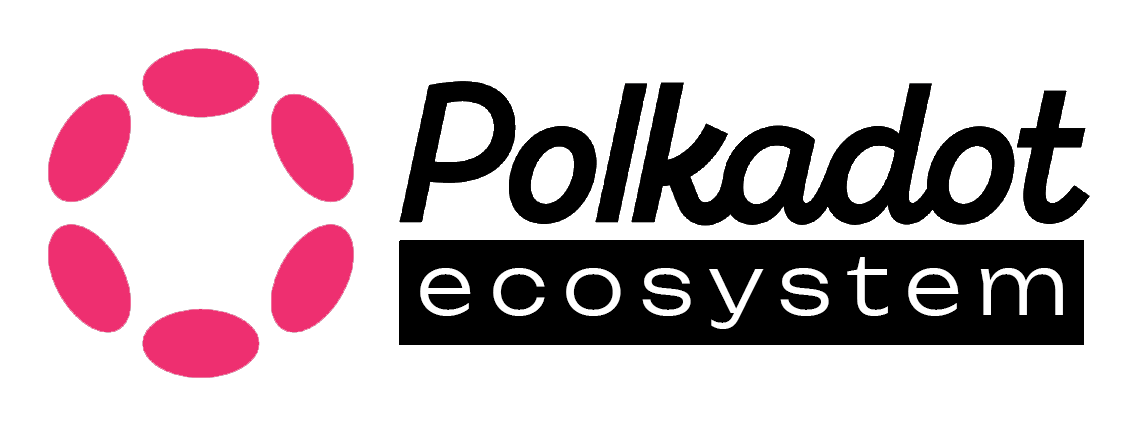Polkadot Key Unit Interview
Esta página aún no está disponible en tu idioma.
The Polkadot ecosystem has consistently aimed to bridge the gap between decentralized technology and enterprise adoption. As blockchain technology matures, the focus is shifting toward onboarding large-scale industries that are ready to leverage the benefits of Polkadot’s advanced infrastructure. The emergence of the PoKe (Polkadot Key Account Unit) project is a significant step in this direction, designed to bring industry-ready solutions to prime time. This article delves deep into the purpose, structure, and potential impact of PoKe on the Polkadot ecosystem and the broader blockchain industry.
The Genesis of Polkadot Key Unit (PoKe)
PoKe, short for Polkadot Key Account Unit, is a business development initiative backed by the Web3 Foundation and driven by the need to create a dedicated arm within the Polkadot ecosystem that can cater to the unique requirements of large enterprises and government entities. The project was conceived to fill the gap left by the decentralization of Parity Technologies’ business development unit, which had been pivotal in Polkadot’s initial growth phase.
As blockchain technology advances, the complexities of engaging with large-scale enterprises and government organizations have become apparent. These entities require more than just technological solutions; they need a strategic approach that considers regulatory compliance, scalability, and long-term sustainability. PoKe is designed to address these needs, offering a robust framework that facilitates the onboarding of industry giants into the Polkadot ecosystem.
The Role of PoKe in Polkadot Enterprise and Government Onboarding
One of the critical challenges in the blockchain industry has been the integration of decentralized technologies with traditional business models. Enterprises and governments often require years of planning, negotiation, and implementation to adopt new technologies, and blockchain is no exception. PoKe aims to streamline this process by acting as a bridge between Polkadot’s technical capabilities and the operational needs of these large entities.
Regulatory Compliance: A Key Selling Point
Regulatory compliance is a significant concern for enterprises and governments considering blockchain adoption. Polkadot has been designed with regulatory considerations in mind, making it an attractive option for entities that must navigate complex legal environments. PoKe leverages Polkadot’s inherent compliance features, such as Substrate’s ability to create private networks, to offer tailored solutions that meet the stringent requirements of these organizations.
Substrate: The Backbone of PoKe’s Strategy
Substrate, Polkadot’s modular framework for building blockchains, plays a crucial role in PoKe’s strategy. Unlike other blockchain platforms, Substrate allows enterprises to create customized blockchains that can operate independently while still benefiting from Polkadot’s shared security and interoperability. This flexibility makes Substrate an ideal choice for organizations looking to integrate blockchain technology into their existing infrastructure without compromising on control or security.
Industry Readiness: PoKe’s Approach to Prime Time
PoKe’s primary objective is to onboard industry-ready projects that can demonstrate real-world value and scalability. This focus on prime-time readiness ensures that the projects brought into the Polkadot ecosystem are not only innovative but also viable for large-scale deployment. The selection process involves rigorous vetting of potential projects, ensuring they meet the high standards required for enterprise and government adoption.
Target Sectors: Healthcare, Energy, and Beyond
PoKe has identified several key industries where Polkadot’s technology can have a significant impact. Healthcare and energy are two sectors that have already shown strong interest in blockchain solutions, particularly for identity management, data security, and decentralized marketplaces. PoKe is actively engaging with stakeholders in these industries to explore how Polkadot’s infrastructure can be leveraged to address their specific challenges.
In the healthcare sector, for example, PoKe is working on projects that integrate Polkadot’s decentralized identity solutions with existing healthcare systems, enabling secure and compliant management of patient data. In the energy sector, initiatives like the Energy Web project and Kilt’s project have already laid the groundwork for blockchain-based solutions, and PoKe is building on this foundation to bring more enterprises into the ecosystem.
Overcoming Challenges: The Road to Mass Adoption
While PoKe is well-positioned to facilitate the onboarding of large enterprises and governments, several challenges remain. The most significant of these is the need for skilled manpower to manage the complex projects that PoKe aims to bring into the Polkadot ecosystem.
The Manpower Challenge
As PoKe engages with larger and more complex projects, the demand for skilled developers, project managers, and business development professionals is expected to increase. To address this challenge, PoKe is actively seeking to onboard teams that can provide the necessary expertise to ensure successful project implementation. This includes collaborating with existing Polkadot ecosystem projects and leveraging the resources of the Web3 Foundation and other decentralized initiatives.
Scaling Polkadot for Mass Adoption
Another challenge is ensuring that Polkadot’s infrastructure can handle the scale required for mass adoption. While Polkadot has demonstrated significant performance improvements over other blockchain platforms, the question of whether it can handle tens of millions of transactions in a short period remains. PoKe’s role includes stress-testing Polkadot’s capabilities with real-world projects, ensuring that the platform is truly ready for prime time.
Collaboration and Coordination: Building a Unified Front
PoKe’s success depends on its ability to collaborate and coordinate with other business development units and projects within the Polkadot ecosystem. The initiative aims to create a unified front, where different teams can share resources, insights, and best practices to ensure the successful onboarding of enterprise and government clients.
Regional Focus: Europe, Middle East, and Beyond
PoKe’s initial focus has been on Europe and the Middle East, regions where Polkadot has already established a presence through various business development initiatives. However, the project is also looking to expand its reach to other regions, including South America and Asia, where there is significant potential for blockchain adoption.
In the Middle East, for example, PoKe is exploring opportunities in countries that are looking to diversify their economies through blockchain technology. The region’s interest in decentralized finance (DeFi) and digital identity solutions makes it an ideal market for Polkadot’s offerings. PoKe is working to establish partnerships with key stakeholders in the region, laying the groundwork for future projects.
PoKe’s Impact on the Polkadot Ecosystem
PoKe represents a critical step in Polkadot’s journey toward becoming the go-to blockchain platform for enterprises and governments. By providing a dedicated business development unit that can navigate the complexities of regulatory compliance, scalability, and long-term sustainability, PoKe is helping to position Polkadot as a leader in the blockchain industry.
As PoKe continues to onboard industry-ready projects and establish strategic partnerships, its impact on the Polkadot ecosystem is expected to grow. The initiative’s success will not only bring new projects into the ecosystem but also demonstrate the viability of blockchain technology for large-scale, real-world applications.
In the coming years, PoKe’s efforts could pave the way for mass adoption of Polkadot by enterprises and governments worldwide, solidifying its place as a cornerstone of the decentralized web.

